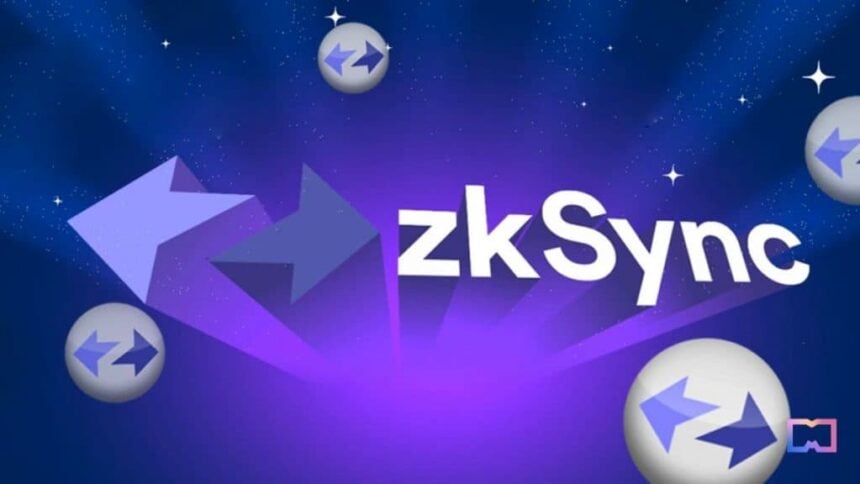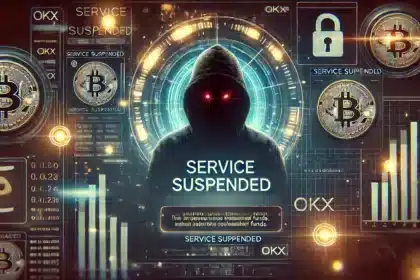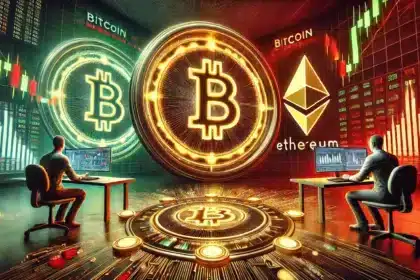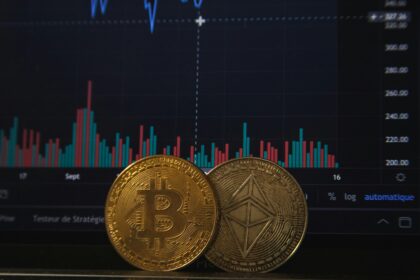There has been massive selling pressure in the market lately. This has led to numerous controversies. On the top of that list is the Matter Labs Minting Controversy. Matter Labs is behind the Ethereum layer two network zkSync; a recent crypto update reportedly accused Matter Labs of Inside minting due to selling pressure. This claim was made about their Libertas Omnibus non-fungible tokens (NFTs). Officials say the company denies these claims firmly, indicating that authorized and eligible users minted all NFTs. The debate continues, and experts believe this affects Ethereum and Bitcoin (BTC ETH) as it can potentially shift the Bitcoin price.
Accusations of Insider Minting
Initial Allegations
As captured in the crypto update by The BIT Journal, on June 17th, soEasy, a blockchain researcher, started the controversy about the Libertas Omnibus NFTs. These accusations suggested that the actions of Matter Labs allowed the minting of tokens without fulfilling distribution criteria.
Matter Labs’ Response
Matter Labs’ main defence was the availability of numerous ways to mint the Libertas Omnibus NFT. This can be done by interacting with the top 100 zkSync NFTs or by event attendees scanning a single-use QR code. The company denied holding Libertas Omnibus NFT alone, making a user eligible for the ZK airdrop. Matter Labs enumerated some criteria regarding the accusation.
The Libertas Omnibus Open Mint
Launch and Eligibility
Matter Labs began Libertas Omnibus NFT mint as a “test” in July 2023; they announced an “Open mint” later on, which included users who interacted with at least one of the top 100 zkSync NFTs between the launch and July 12. The open mint ended officially in January 2024.
In the latest crypto news, zkSync launched an airdrop for the ZK token on June 17th. The airdrop considered three factors for eligibility for the airdrop: number of ‘eligibility points,’ Time-weighted Average Balance (TWAB), and multiplier.
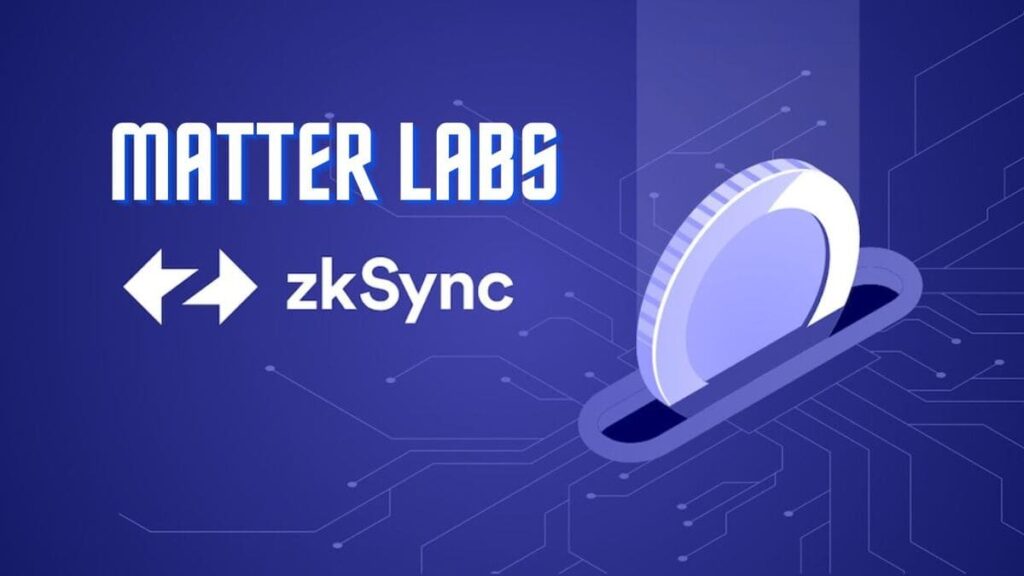
Allegations Surrounding Matter Labs minting controversy
soEasy’s Findings
Several news sources recorded in a recent crypto update that soEasy published a report on Github, hinting at widespread corruption during the airdrop. The claim was hinged on numerous wallet addresses being used to mint the Libertas Omnibus NFT without meeting set criteria. The report showed that insider addresses were categorized into two groups: Group A, which used contract privileges to mint NFTs without fulfilling criteria, and Group B, which used the “batchMint” and “safeMint” functions to mint NFTs to multiple addresses. The Matter Labs minting controversy was because these addresses did not meet the criteria of interacting with at least 150 zkSync NFT collections before July 12 but minted NFTs directly instead.
Alleged Misuse of Admin Functions
In the crypto update, soEasy pointed out that 65 Group B1 addresses sold the NFTs at a profit, while 22 received ZK tokens from the airdrop, totalling 412,738 ZK tokens. Group B2 contained 9,871 addresses, with 4,685 receiving the airdrop, distributing 43 million ZK tokens, causing potential selling pressure.
“This is a significant case of internal abuse for acquiring tokens,” they stated, “allowing the team to profit early without waiting for the unlock period,” stated soEasy. Experts ask whether this affects Ethereum and Bitcoin price (BTC ETH).
Matter Labs’ Defense
Addressing Allegations
In an attempt to quell the Matter Labs minting controversy, the company released a statement:
“It’s important to note that being a Libertas Omnibus NFT holder was one of the eligibility criteria and would have gotten them a point, but this alone did not qualify them for an allocation […] Allocations were determined via a combination of eligibility criteria, amount of funds bridged and held on ZKsync Era, and bonus multipliers.”
Conclusion
The Matter Lab minting controversy raises questions regarding selling pressure and regulatory frameworks. However, Matter Labs maintains that all Libertas Omnibus NFTs were minted by eligible users, dispelling any wrongdoing. The company stated that holding these NFTs alone did not qualify for the ZK airdrop and that allocations were based on numerous factors. As the debate continues, this incident underscores the importance of transparency and robust criteria in the blockchain ecosystem’s NFT and token distribution processes. This also stretches to Bitcoin and Ethereum (BTC ETH) activities in the industry, as such events may affect Bitcoin price.



